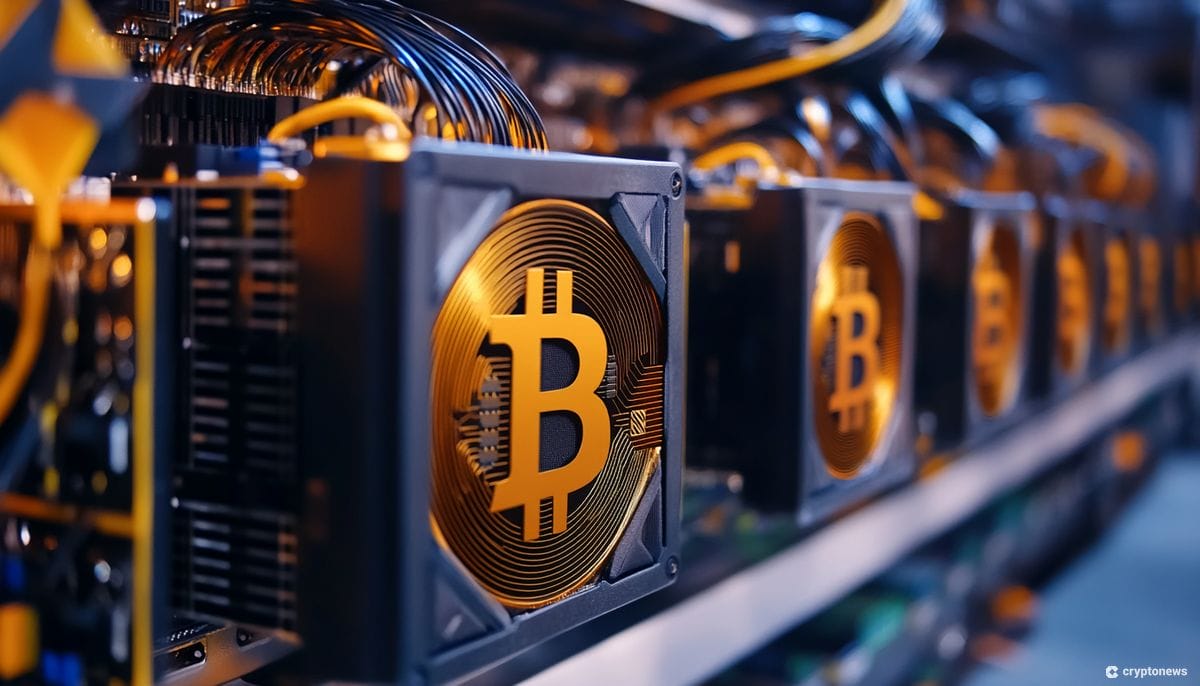Bitcoin miners are increasingly using their infrastructure to host high-performance computing (HPC) data centers. These data centers are essential for processing large datasets and complex computations required for training artificial intelligence (AI) models. Core Scientific Inc., one of the largest Bitcoin miners in the United States, recently announced a partnership with CoreWeave to deliver approximately 70 megawatts for hosting CoreWeave’s NVIDIA GPUs for HPC operations. Other major miners, such as Hut 8 Mining Corp and Iris Energy, are also moving towards hosting HPC data centers.
Jamie McAvity, CEO at Cormint Data Systems, explained that established Bitcoin miners in North America already have the necessary infrastructure to support HPC data centers. This infrastructure includes high voltage interconnection and power capabilities. The transition towards hosting HPC data centers comes as there is an increasing demand for these facilities, particularly in the U.S. where data centers for training AI models are in high demand. Companies like Core Scientific and CoreWeave are leading the way in this new trend.
Hosting HPC data centers is proving to be profitable for Bitcoin miners, as they can secure long-term contracts at higher rates compared to Bitcoin mining revenue. However, there are significant challenges and costs associated with this model. Russell Cann, Chief Development Officer at Core Scientific, highlighted the differences in cost between building a Bitcoin mining facility and an HPC data center. The capital requirements for building and operating HPC data centers are substantially higher, ranging from $35 to $60 million per megawatt compared to $1 million per megawatt for Bitcoin mining facilities.
Core Scientific’s partnership with CoreWeave illustrates a natural transition for some Bitcoin miners into the AI sector. By leveraging their existing infrastructure, some miners can successfully host HPC data centers. However, not all Bitcoin mining sites may have the resources or capabilities to support HPC operations. While some companies like Core Scientific have secured significant contracted power for both Bitcoin mining and HPC operations, others may struggle to meet the requirements.
As the demand for AI data centers continues to grow, more Bitcoin miners may consider entering the sector. While the infrastructure requirements and costs may be prohibitive for some, companies like Core Scientific are paving the way for miners to expand into hosting HPC data centers. The potential for increased profitability and opportunities to work with major AI companies may incentivize more miners to explore this new trend. Ultimately, the successful integration of HPC data centers into Bitcoin mining operations could lead to significant financial gains for miners willing to make the investment.


























